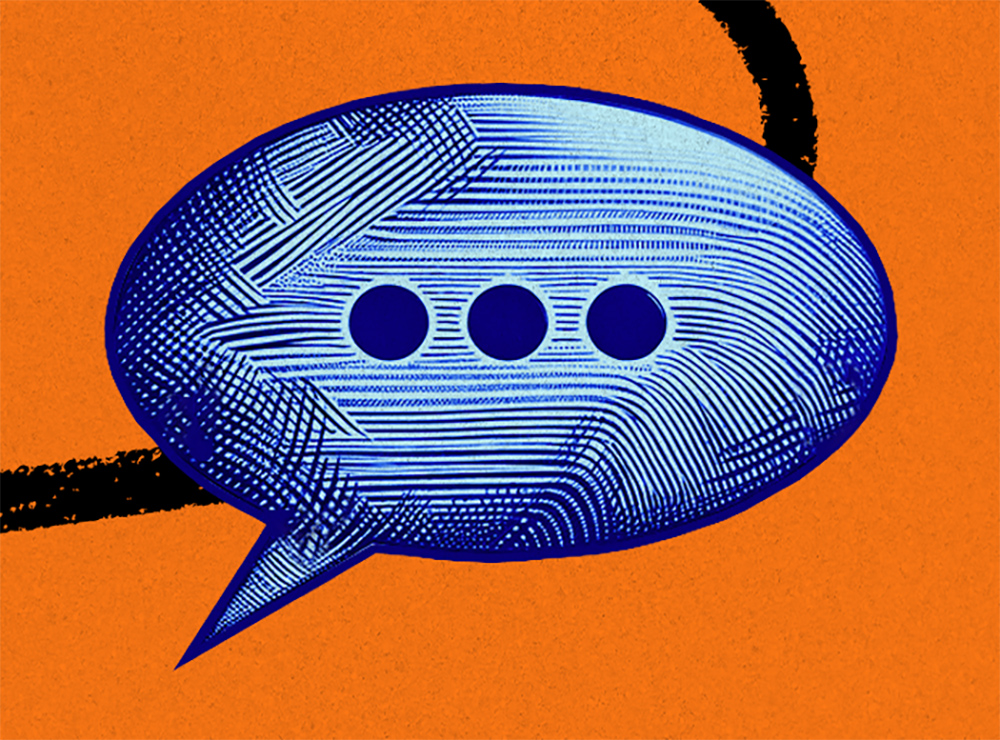Can A Startup Kill Chatgpt?
posted March 18, 2024 #
If you're not subscribed to Ben's Bites - a daily AI newsletter - you should go subscribe now. Always a morning treat.
They recently linked up this Dan Shipper piece Can a Startup Kill ChatGPT? It's a nice read with plenty of insights worth considering. However, what I really enjoyed about it was the plain and simple reminder of the definition of disruption. These three paragraphs are a nice clip but it really works well within the larger piece. Go read it.
They recently linked up this Dan Shipper piece Can a Startup Kill ChatGPT? It's a nice read with plenty of insights worth considering. However, what I really enjoyed about it was the plain and simple reminder of the definition of disruption. These three paragraphs are a nice clip but it really works well within the larger piece. Go read it.
The word “disruption” is used colloquially to mean any instance where a startup beats an incumbent, but in its original formulation, it meant something specific.
Disruption, as theorized by Clayton Christensen in the early 1990s, is a process by which a startup offers a lower-cost product that performs worse along standard dimensions of performance for a small subset of customers outside of the mainstream. The product gets adoption, though, because it performs better on a new dimension of performance that is important to its niche customer set. Over time, the disruptor improves on standard performance metrics so that it can move up-market to higher-value customers, while maintaining its other advantages.
The startup is able to displace a larger, well-managed incumbent because the latter sees that the startup’s original product is lower cost and lower margin, and generally performs worse. So it looks like a bad business. Therefore, the incumbent fails to react until it’s too late.

